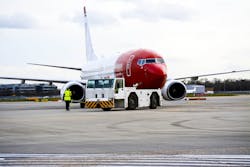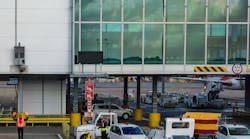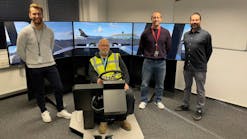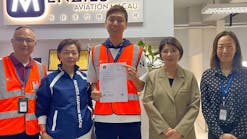Ground Handling Industry Failing to Take the Right Action to Solve Talent and Profit Challenges
Recent research by RTITB Airside has found that airlines, airports and ground handlers are failing to take the right action when it comes to solving profitability and talent recruitment and retention challenges.
To help tackle this, a new whitepaper from specialist training consultancy RTITB Airside, titled ‘Ground Handling: One simple improvement tool can help solve profitability and talent challenges’, has identified the key factors that negatively impact these areas and suggests how to overcome them.
Ground handling operations can be a particular challenge to profitability. For example, IATA estimates that around $4 billion per year could be saved by improving safety and reducing damage to aircraft, vehicles and ground support equipment. Furthermore, the industry is forecasting an increase in ground operations jobs, but it is reported that most ground handlers have a staff turnover between 30 and 50 percent. Both factors may be placing the industry under increasing strain.
“While researching this whitepaper, we spoke with airside businesses, many of whom claimed that the things that most affect their profitability were outside of their sphere of influence,” explains Laura Nelson, managing director for RTITB Airside. “However, our work in the industry has shown that one simple tool – training – can be used by employers to make measurable improvements in profitability.”
According to the whitepaper, ground handling businesses can control assets, such as people and equipment, the efficiency of processes and systems, and the likelihood and frequency of vehicle or ground support equipment (GSE) accidents and incidents. Through standardized training, it is possible to improve people’s performance and ensure understanding of systems and processes. Employers can also reduce the rate of accidents and incidents, which seriously affect profitability and cost the industry billions each year.
In addition, it is suggested that by offering valuable professional development and a clear career path, training can also make work in ground handling a more attractive option for both existing and prospective employees.
“Reports suggest that training budgets in our industry continue to grow so there is clearly an increasing awareness that training is helpful and important,” says Laura. “However, employers must remember that to make a real difference, training needs to be engaging, specific, relevant and high quality.”
The whitepaper, which offers more insight and advice, can be downloaded for free at: https://www.rtitb-airside.com/resources/







